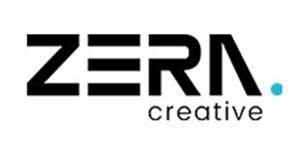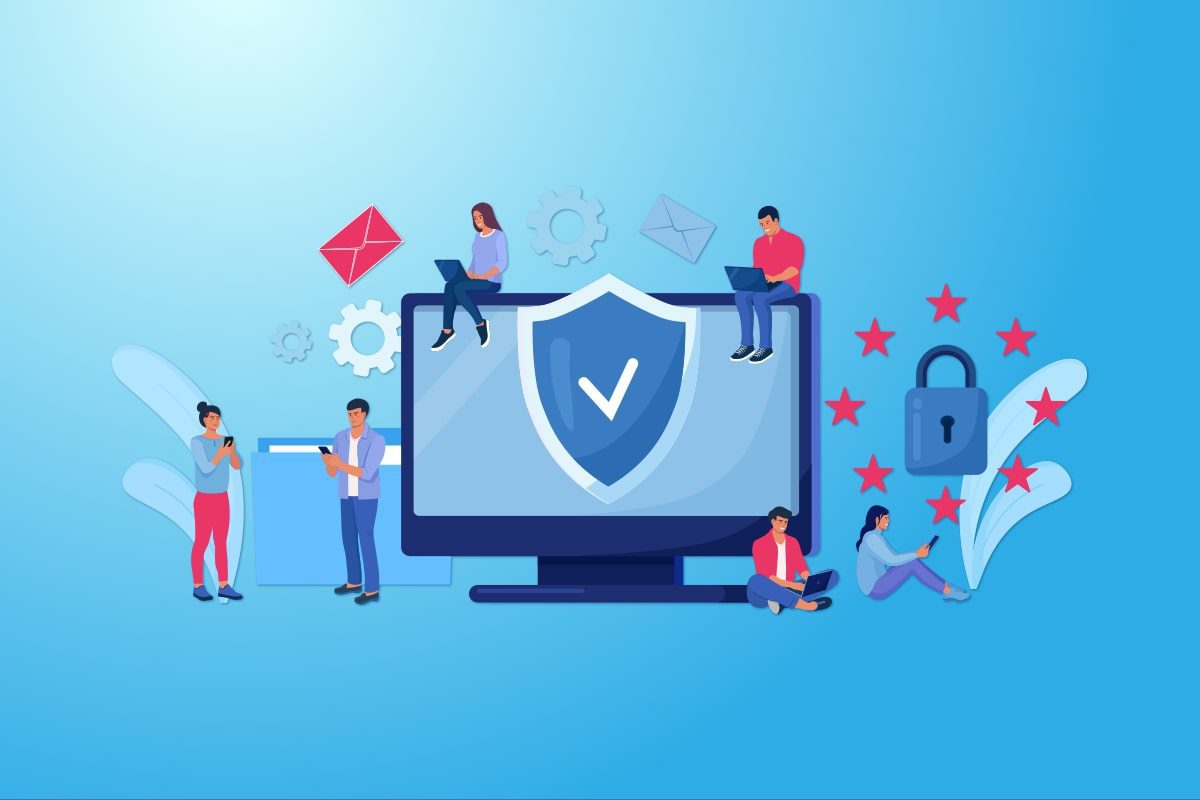A website has become crucial to establishing an online presence for any business or organization in today’s digital age. However, website security is becoming increasingly critical with the rise of cyber threats. A single security breach can result in data loss, reputation damage, and financial losses.
Therefore, it is imperative to implement several web development practices that ensure your website’s security. Whether you’re a general company, web design services provider, or a business owner looking to improve your website’s security, this guide will provide 10 valuable insights on keeping your website safe and secure.
1. Use Secure Web Hosting
The first step towards securing your website is to choose a reliable and secure web hosting provider. A good web hosting provider will protect your website’s server against hackers and other online threats. When selecting a secure web hosting provider, it is essential to consider the security features offered.
A secure web hosting provider should offer features such as firewalls, intrusion detection and prevention, and regular security updates. Additionally, they should provide 24/7 monitoring and support to address any security issues promptly.
2. Keep CMS Up-to-Date
If you are using WordPress or any other CMS, it’s essential to make sure that you prioritize CMS updates. This can help you build a reputation for providing always-on website that can lead to increased business opportunities and long-term partnerships with clients.
In addition to improving security, updating your software can improve website performance and functionality. Updates often include bug fixes and new features that can enhance the user experience and make your website more efficient.
This can positively impact your website’s search engine ranking and help attract more visitors to your site.
3. Use Strong Passwords
Strong passwords for your website’s admin and user accounts are essential. Avoid using simple and common passwords that are easy to guess. Using strong passwords is a vital security practice that should be considered.
To ensure the strength of a password, it is recommended to use a combination of uppercase and lowercase letters, numbers, and symbols with a minimum length of 12 characters
4. Secure Your Forms
Forms are a common entry point for hackers to access your website’s data. Use security measures such as SSL encryption and a captcha to secure your website’s forms.
SSL encryption on your website can help ensure the data is transmitted through forms. Also, a captcha can help prevent automated attacks that compromise your website’s security.
5. Implement Two-Factor Authentication
Two-factor authentication (2FA) is an additional layer of security that requires users to provide two forms of identification before accessing their accounts. Implementing 2FA can significantly improve your website’s security.
It requires users to provide a second form of identification, such as a code sent to their mobile device, before accessing their account. This makes it more difficult for hackers to gain unauthorized access to your website.
6. Use HTTPS Protocol
HTTPS protocol is crucial for securing your website’s data during transmission. HTTPS encrypts the data sent between the website and the user’s browser, making it difficult for hackers to intercept and steal the data.
By encrypting the data transmitted between a website and a user’s browser, HTTPS provides a high level of security that makes it challenging for hackers to intercept and steal sensitive information.
7. Automated Regular Backups
Regularly backing up your website’s data is crucial in case of a security breach or a website crash. It is recommended to have automated backups of your website’s data and store it securely on an offsite server or cloud storage.
These days, all major web hosting providers have this automated backup feature which helps you to have daily automated backups of your website on their server without any extra cost.
8. Secure Your Website’s Database
Make sure your website’s database is secured with strong passwords and only accessible to authorized personnel. Your website’s database contains sensitive user data, login credentials, and payment information.
It is essential to secure your website’s database with strong passwords and access control mechanisms to prevent unauthorized access.
9. Use Reliable & Secure 3rd-Party Services
If you use any third-party services on your website, such as payment gateways, ensure they are reliable and secure. Do your research before choosing a third-party service provider.
Selecting a reliable and fast service provider when using third-party services on your website, such as payment gateways. Do your research and choose a provider with a proven security and reliability track record.
10. Conduct Regular Security Audits
Regular website security audits can help you identify security vulnerabilities and take corrective actions. Hire a professional web development company or an independent security expert to conduct the security audit.
A security audit should be performed by a professional website maintenance company or an independent security expert who can identify and address any security weaknesses. Regular security audits can help you avoid emerging threats and ensure your website remains secure.
Conclusion
By implementing the above web development practices and working with a trusted provider, you can ensure your website is secure and protected against online threats.
If you are looking for a reliable global web design company or website maintenance provider then work with us as we understand how much website security is essential for any business.







